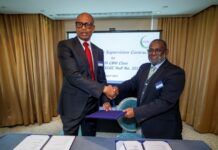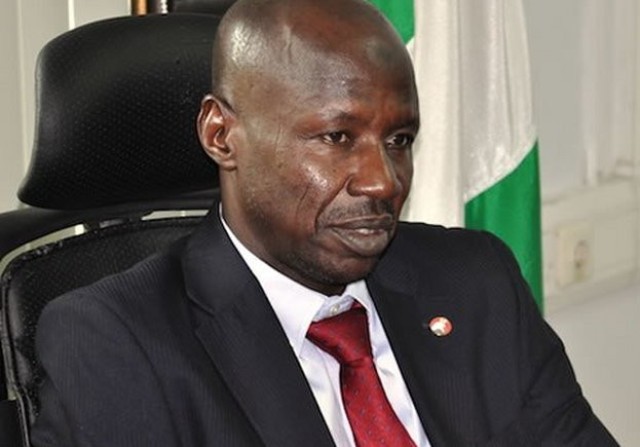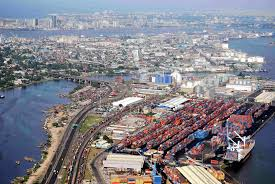The Nigerian Financial Intelligence Unit (NFIU) has discovered that the suspended chairman of the Economic and Financial Crimes Commission (EFCC), Mr. Ibrahim Magu allegedly had links with a bureau de change in Kaduna where transactions N336 billion, $435 million and about €14 were carried out.
It was gathered that the presidential probe panel investigating corruption allegations against Magu had started probing the relationship between Magu and the bureau de change.
According to a source, Magu is also expected to explain what he knew about huge sums discovered by the NFIU from a relatively unknown Lagos-based Pastor who was said to be his associate.
Besides, the NFIU was said to have also discovered another N28 million taken from the same bureau de change by a well known Lagos based lawyer.
“From the issues before the committee, there are two big issues concerning bureau de change being allegedly linked to Magu in Kaduna and that bureau de change has been discovered by the NFIU to have transacted business in the region of N336 billion, $435 million and about 14 million Euros.
“There was another allegation against Magu that a relatively unknown Pastor in Lagos who was linked with Magu was discovered to have N573 million in his account. Also, there was a famous lawyer in Lagos, who took N28 million from the bureau de change,” said a source.
Meanwhile, the NFIU office was burgled on the night of Thursday July 9 and at least seven computers containing sensitive financial information were taken away and others badly damaged.
The NFIU was severed from the EFCC following the suspension of Nigeria by the Egmont Group in 2017.
One of the grounds for the suspension was that the NFIU was not independent.
Nigeria’s failure to comply with the group’s demands for a legal framework granting autonomy to the NFIU by January 2018 would have led to the country’s expulsion from the global body which provides the backbone for monitoring international money laundering activities.
If the group had expelled Nigeria, the country would benefit from financial intelligence shared by the other 153 member countries, including the US and the UK, while the country’s ability to recover stolen funds abroad would also have been hampered.



























































